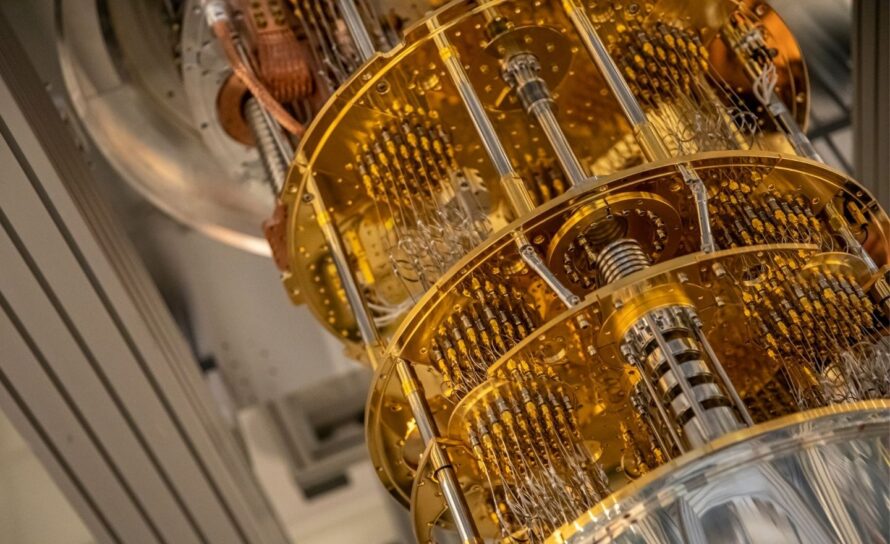Harnessing AI for Particle Accelerator Innovation
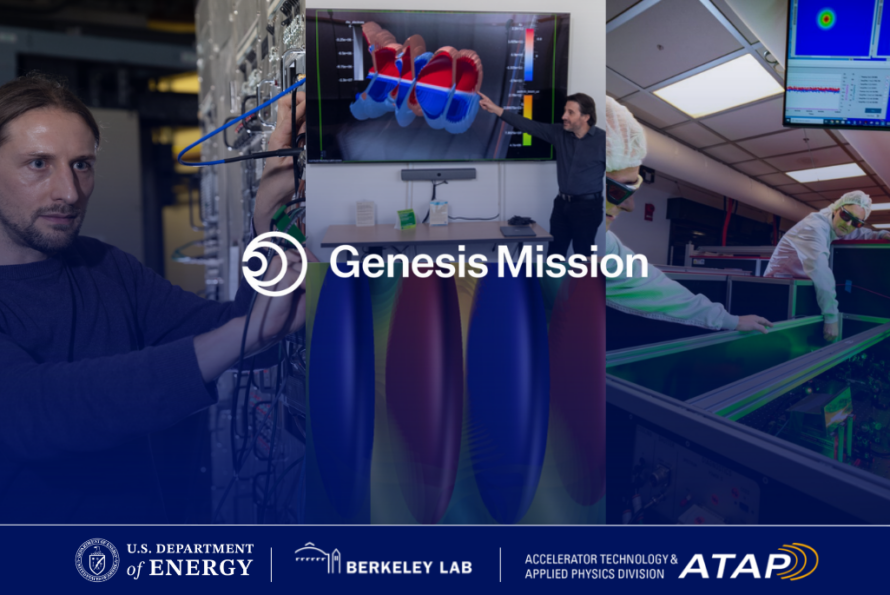
2026 CSA Symposium Helps Researchers Amplify Their Scientific Impact
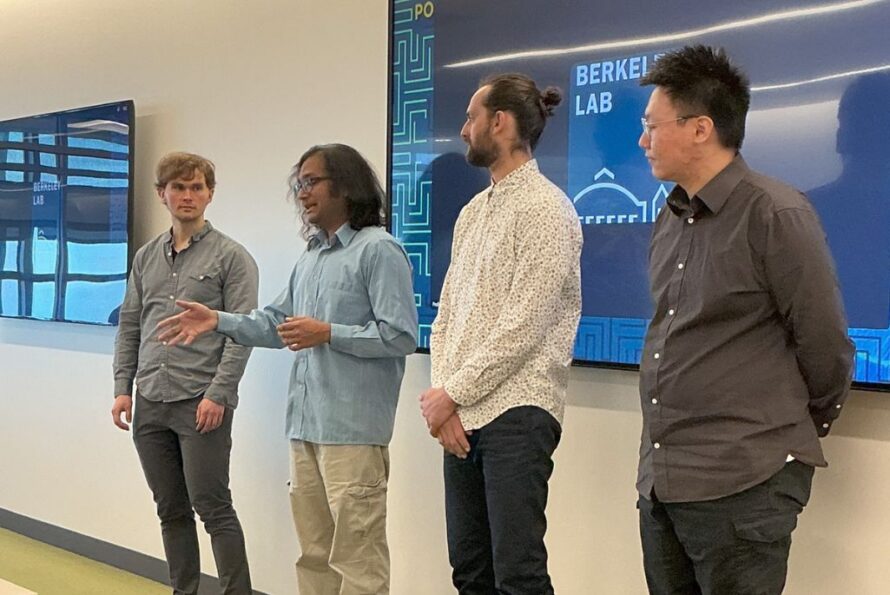
AMCR’s Aditi Krishnapriyan Receives 2025 Early Career Award
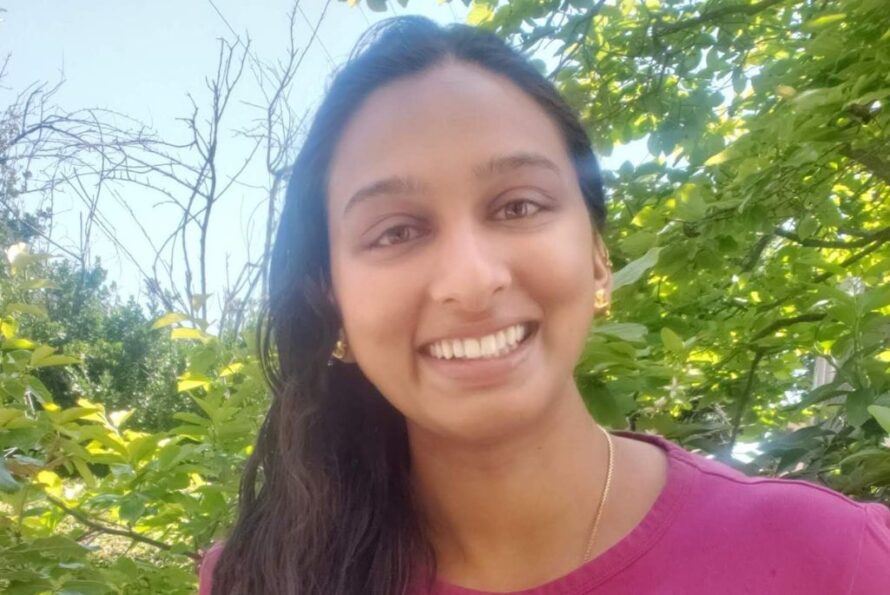
SciData’s Drew Paine selected as BSSw Fellow
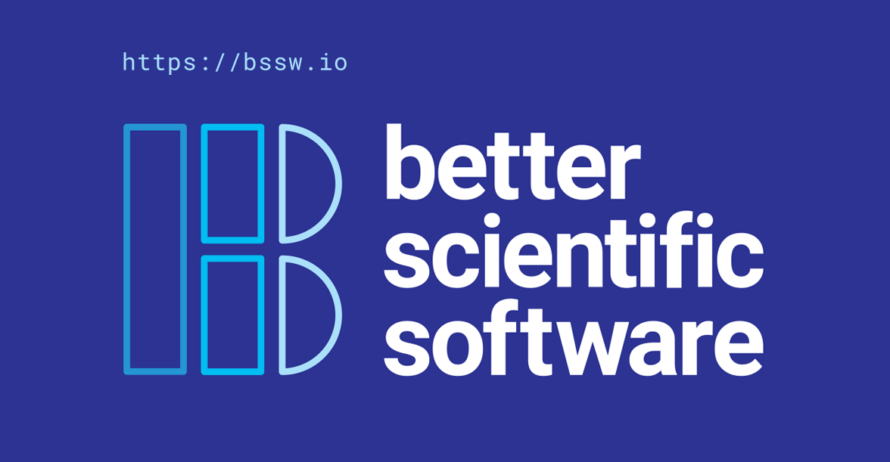
Expert Insights: Drew Paine

Mathematical Innovation Advances Complex Simulations for Science’s Toughest Problems
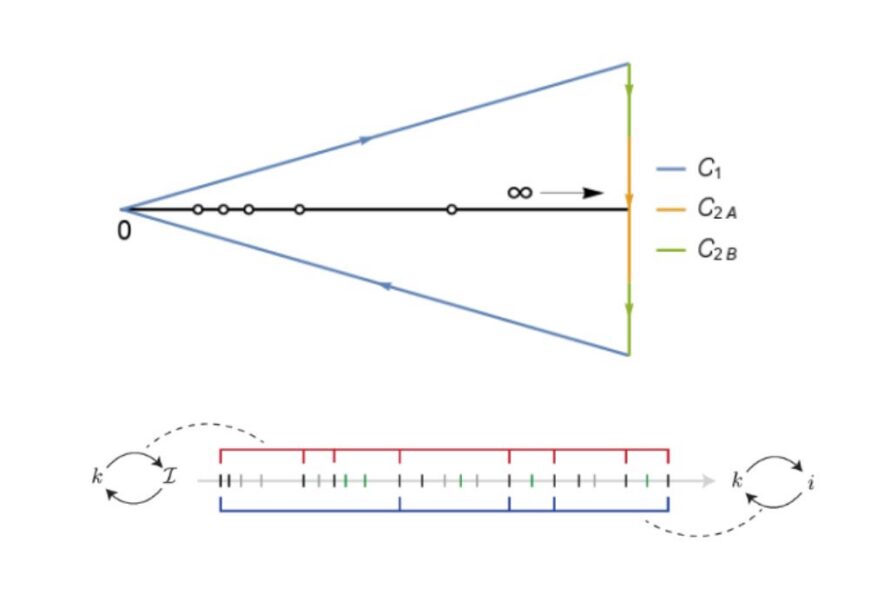
NERSC Quantum Report Projects Progress for Science
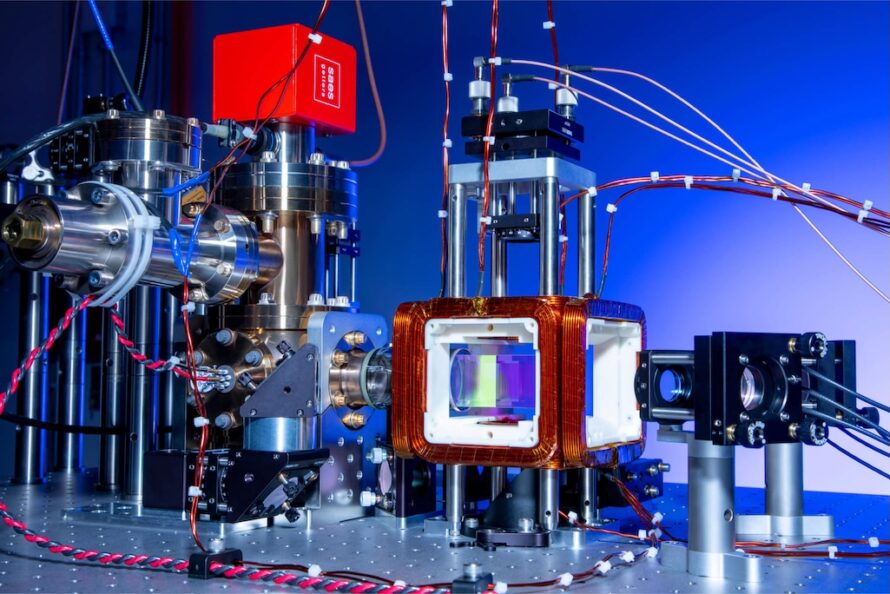
Berkeley Lab Researchers Evaluate Generative AI Models for Filling Scientific Imaging Gaps
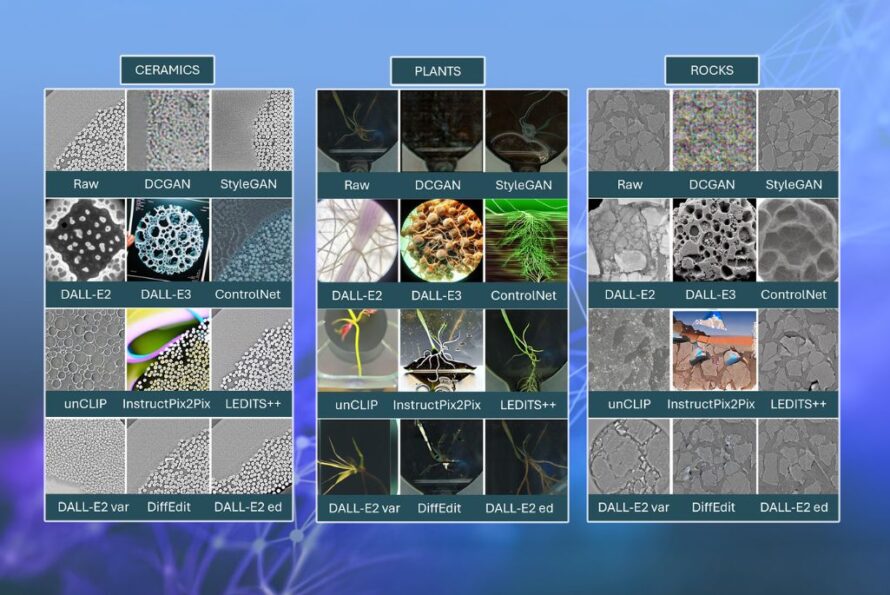
New AI-Powered Hybrid Simulation Reveals How Electrons Drive Chemical Reactions in Liquids
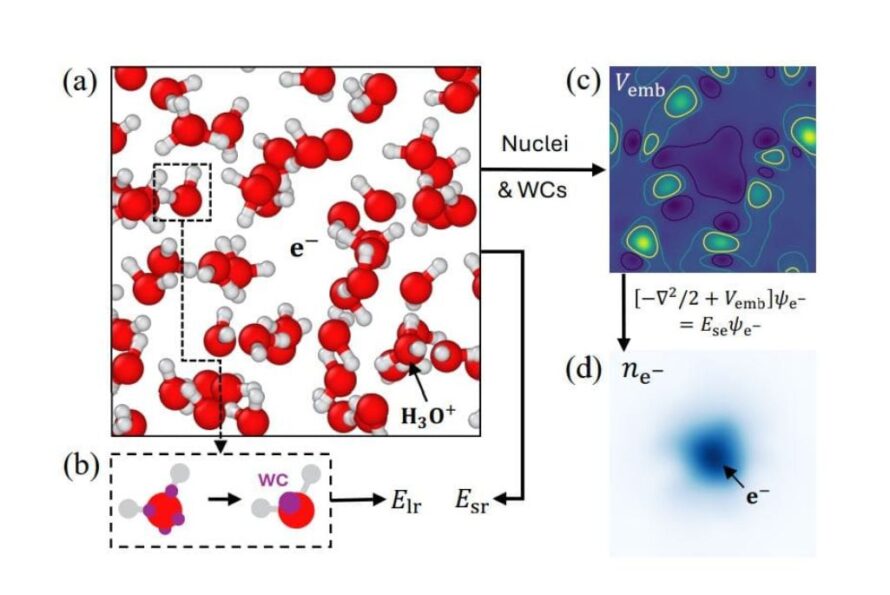
Happy Holidays from Berkeley Lab’s Computing Sciences Area
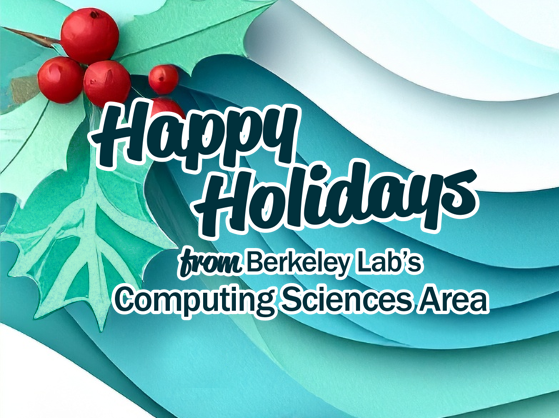
NERSC Network Upgrades Pave the Way for a Faster Future

Unlocking the Power of Quantum Computing with Practical Benchmarking Tools
